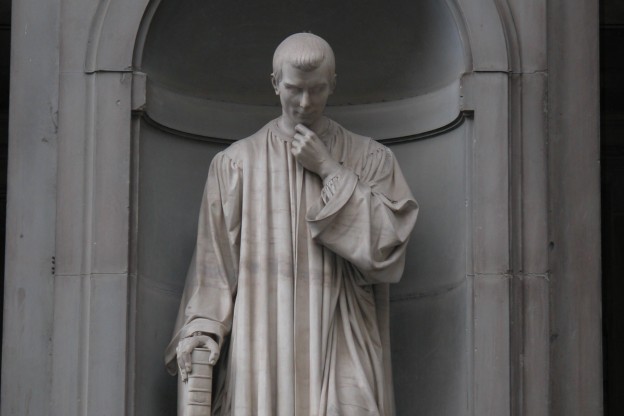Professor Quentin Skinner will be asking this question at our annual Renaissance Lecture on Tuesday, 24th March 2015 at 6pm in Lecture Theatre 1, Grimond Building. All are welcome to attend, and there will be a wine reception afterwards.
One of Machiavelli’s aims in The Prince is to persuade us that the truly virtuoso prince should follow the virtues so far as possible, but should be ready to abandon them when this alternative seems necessary for the maintenance of the state. This is certainly what Machiavelli appears to claim about the virtue of justice. But if we turn to his examination of the so-called ‘princely’ virtues, especially clemency and liberality, we encounter a very different argument. Machiavelli complains that, in our corrupt modern world, some actions regarded as virtuous may in fact be instances of vice, while other actions condemned as vices may in fact be virtues. The aim of the lecture is to disentangle Machiavelli’s complex views about the relationship between virtue and political success.
Professor Quentin Skinner is Barber Beaumont Professor of the Humanities at Queen Mary, University of London. His research centres on early-modern Europe, and one of his principal interests lies in the Italian Renaissance. He has published books on Machiavelli, on early Renaissance political painting, on ideals of civic virtue, and has edited Machiavelli’s The Prince.
